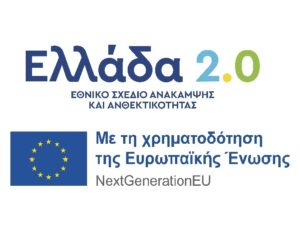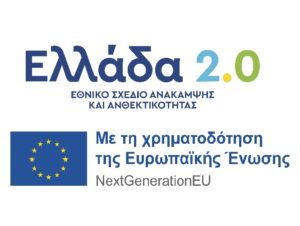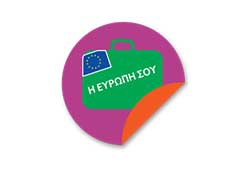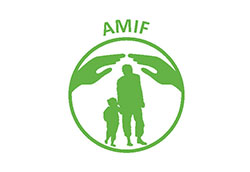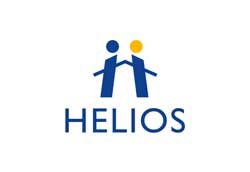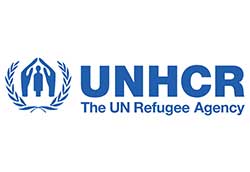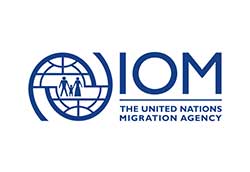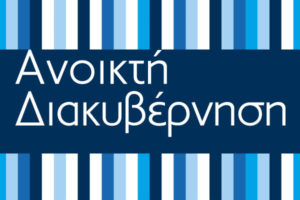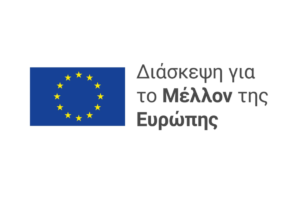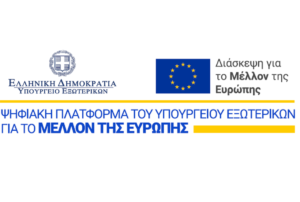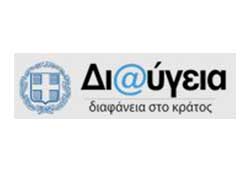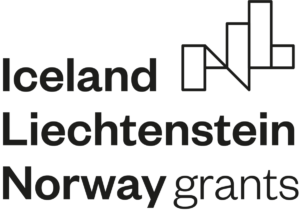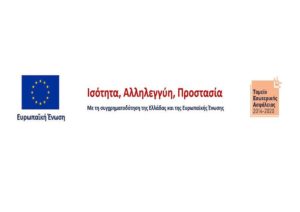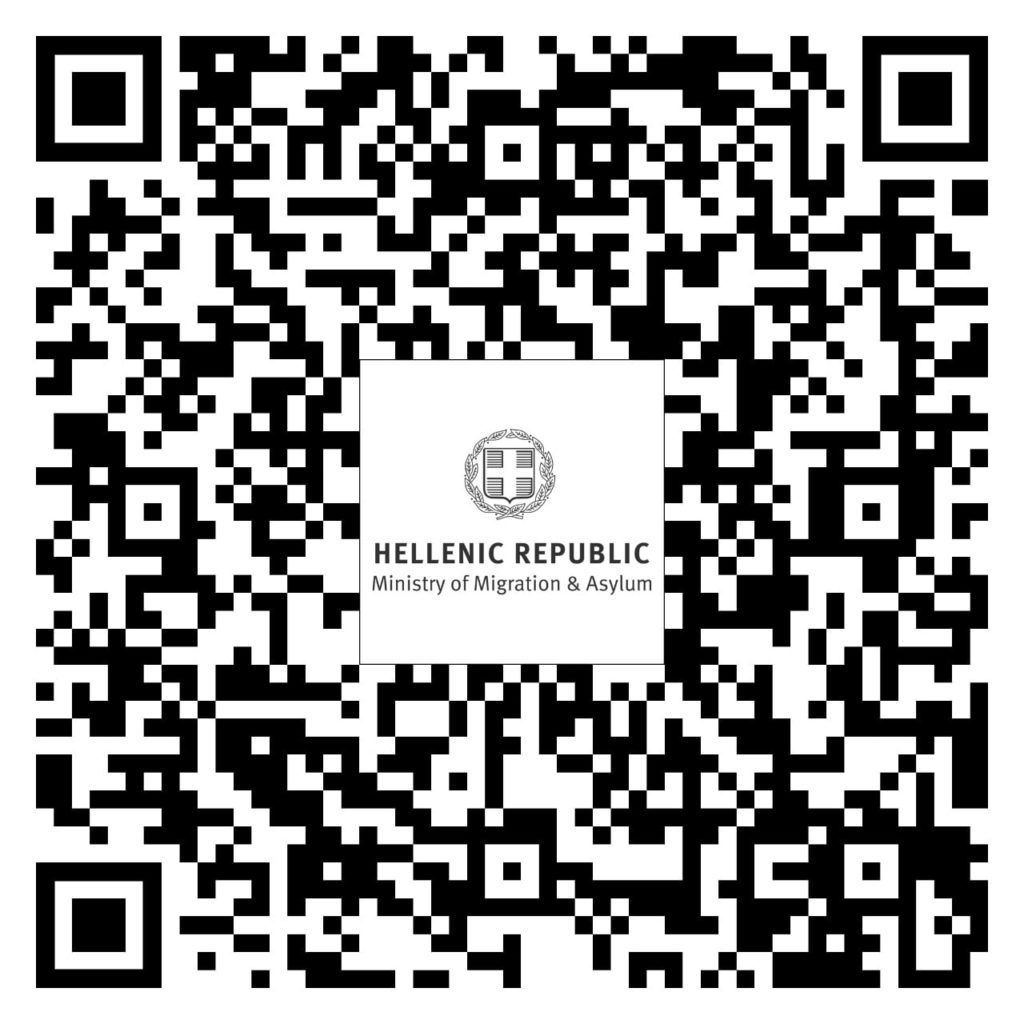- Human Trafficking
Human Trafficking is the recruitment, transportation, transfer, harboring, or receipt of people through force, fraud, or deception, with the aim of exploiting them for profit. Human trafficking is modern slavery and a crime.
The most common forms of human trafficking globally are: sex trafficking (50%), forced labor (38%), criminal activity (6%), begging (1.5%) and forced marriage (1%) (2020 United Nations Office on Drugs and Crime).
Sex trafficking involves forcing, deceiving, or coercing a person to perform a commercial sex act.
Labor trafficking is forcing a person to work in captivity for little or no pay and may take place in sectors such as domestic and construction work, fishing, agriculture, catering, gardening, and mining.
Migrants and refugees are particularly vulnerable to becoming victims of Human Trafficking, especially women and children. In Europe, 8% of third-country nationals who are victims of human trafficking are minors (EMN Report, 2022).
Irregular migration is more susceptible to human trafficking as it involves employing smuggling networks to reduce border crossing risks.
Globally, women experience higher rates of human slavery: 42% of victims of human trafficking are women trafficked for sexual exploitation, 15% of victims are underage girls trafficked for sexual exploitation, 11% are men trafficked for forced labor and 4% are women trafficked for other purposes (2020 United Nations Office on Drugs and Crime).
According to a report by the United Nations Office on Drugs and Crime (2020), migrants make up a significant share of detected trafficking victims in most global regions: 65% in Western and Southern Europe, 60% in the Middle East, 55% in East Asia and the Pacific, 50% in Central and South-Eastern Europe, and 25% in North America.
For human traffickers, Greece is a transit and destination country. Victims are transported into Greece to be exploited in the mainland and surrounding islands or are transported through Greece along migration routes into Western Europe (A21 Impact Report for Greece, 2021).
- Methods used to recruit and control victims.
Victims of human trafficking are promised a “better life.”
Some of the most common examples of human trafficking recruitment are:
-An individual wanting to migrate contacts a smuggler in order to enter the destination country illegally and eventually ends up being trafficked.
-Individuals are deceived by a job offer abroad that seemed legitimate, however their documents (e.g., passport and ID) are taken upon their arrival. This means they, too, end up being trafficked.
-Individuals are violently kidnapped in their home country and transported against their will to a different place, where they are subsequently exploited.
-The “lover boy” method, used specifically in sex trafficking, is a more complex process whereby a trafficker grooms and manipulates a victim into a false romantic relationship.
According to the 2022 report of the National Reporting Mechanism for the Protection of Human Trafficking victims, a noteworthy percentage of victims are recruited in Turkey during their trip towards Europe. Those that are recruited in Turkey account for 27% of the adult victims and almost 70% of the children are recruited in other countries outside their country of origin and Greece.
Social media can be used as a “hunting” strategy.
- The disclosure of personal information on social media platforms may easily be misused by traffickers. For example, Facebook may be employed to browse through users’ profiles in order to identify and profile potential human trafficking victims.
Online job advertisements can be used as a “fishing” strategy.
- Online job advertisements may serve as recruitment fronts for traffickers. Advertisements used to attract victims often include wording that describes the possibility of living a luxurious life or promising jobs in industries such as modeling or entertainment.
How traffickers control their victims
In the recruitment phase, traffickers often make false and deceptive promises of income to potential victims.
During exploitation, traffickers may control their victims with the use of explicit violence, psychological violence, withholding of travel documents, threats of deportation or harm to the victim’s family, and debt bondage.
- Physical and psychological effects of human trafficking
Victims of human trafficking may suffer from untreated diseases, such as diabetes or cancer, infectious diseases like tuberculosis, sexually transmitted diseases (e.g., HIV/AIDS), and substance abuse problems stemming from coercion into drug use.
Psychological effects may include trauma from daily mental abuse and torture, suicidal ideation including depression, stress-related disorders, PTSD (Post Traumatic Stress Disorder), disorientation, confusion, phobias, Stockholm Syndrome, and panic attacks.
- Signs of Human Trafficking
A potential victim of human trafficking may be accompanied by a controlling person:
- Not able to speak on his or her own behalf.
- Acting wholly under instructions from another person.
- Transported to or from work.
- Lives and work at the same place.
- Conversations with family and friends are controlled or restricted or forbidden.
- Fearful, anxious, depressed, overly submissive, and may avoid eye contact.
- Limited access to funds or funds held by someone else.
Exploitative working conditions
Signs that a person may be a victim of human trafficking:
- Unable to keep his or her earnings.
- Had identification, legal, or travel documents taken away by employer.
- Owes a debt they are working to pay off.
- Works excessively long hours without breaks.
- Unable to leave their work environment at will (possibly living on site).
- Unsafe, illegal, or dangerous working conditions.
- Limited or no access to medical care (particularly after an accident).
- Work conditions or duties are different from what was originally agreed upon.
- Has been threatened with harm or subjected to physical abuse.
- Works under close surveillance.
Unfamiliar with the language
- A potential victim of human trafficking may not be able to speak or read the language of the country which restricts his/her ability to sign documents and contracts, and access help.
Signs of abuse or trauma
- Has bruises, scars, and other signs of physical abuse and torture (victims are often beaten in areas that will not damage their appearance, such as their lower back).
- Has been denied food, water, sleep, and/or medical care.
- Poor or substandard living conditions.
- Poor personal hygiene or cleanliness of clothing (due to limited access to basic cleaning necessities, like showers or washing machines).
- Displays anxiety, seems distant, has difficulty concentrating, fatigued.
Substance Abuse
Victims may show signs of drug use or alcohol abuse or addiction to drugs and alcohol. They may have been coerced into drug use by their traffickers or turned to substance abuse to help cope with their enslavement.
- What are some safeguards when seeking employment abroad
Don’t be fooled by unrealistic promises: If you are applying for a temporary and/or unskilled position domestically or abroad and you receive an offer that sounds “too good to be true” then it is likely to not be true.
Ensure there is a contract: Even if your friend or family member coordinated this employment opportunity, it is important to ensure that there is a contract. Your employer abroad and/or the intermediary agency are obliged to provide you with a contract in your native language or in a language you are fluent in. Even if the intermediary agency provided you with a bilingual contract, our advice is to show this contract to an independent translator to make sure it is transparent. Make certain that the intermediary agency has a license from the state/province and provides employment services in those countries and within those professions stated in the permission.
Make sure you know the details of the trip and where you will be living:Before making the trip, you should know the exact place, address, city, where you are going to stay, have contact details, telephone number of the people you will be with, as well all the security numbers and addresses (e.g., the police of the country, medical services, NGOs that can help you).
Hold onto your personal identification documents: When abroad, never give your ID/passport to anyone. Make a few copies of your documents and keep them in different places. If your employer asks you to give your ID/passport, you can give them a copy. Remember about Work Visa, it is the only way you can work abroad officially, even if you are looking for a temporary position. Make sure that your potential employer is allowed to employ foreigners.
Put safeguards in place: Maintain contact with your family and friends and provide them with updated contact and location information.
- Services offered by the 1109 Human Trafficking Line, operated by A21
-The Human Trafficking Resource Line is available to answer all urgent calls from anywhere in the country, 24 hours a day, 7 days a week, every day of the year.
-The hotline offers an interpreting service with access to 186 languages, 24 hours a day, 7 days a week.
-Receives crisis calls from self-identifying victims of trafficking in need of immediate assistance or calls from individuals calling on behalf of a potential victim in need of immediate assistance.
– Receives calls from individuals wishing to report information related to potential trafficking victims, suspicious behaviors, and/or locations where trafficking is suspected to be occurring.
–The hotline ensures confidentiality: the caller can choose to stay anonymous, in compliance with the National Human Trafficking Resource Line’s Confidentiality Policy.
-The Hotline helps connect survivors of human trafficking with services, including case management, accommodation, access to justice and legal services, assistance in finding jobs and repatriation in the country of origin.
Powered By EmbedPress
Powered By EmbedPress
Powered By EmbedPress

